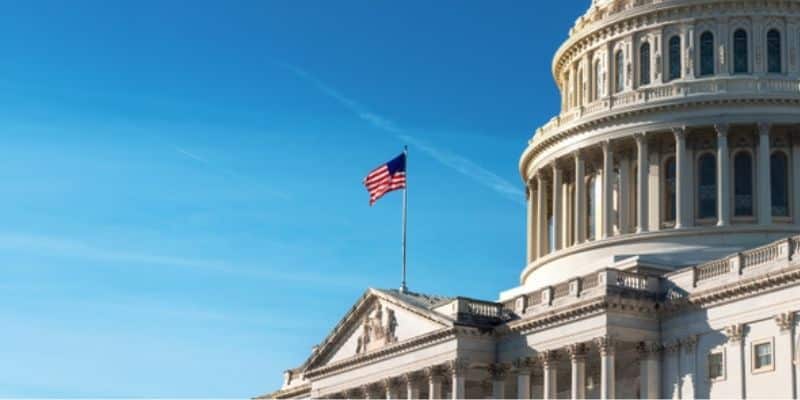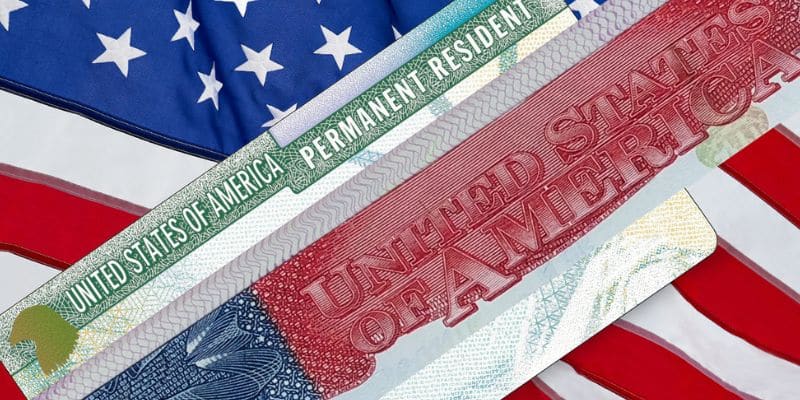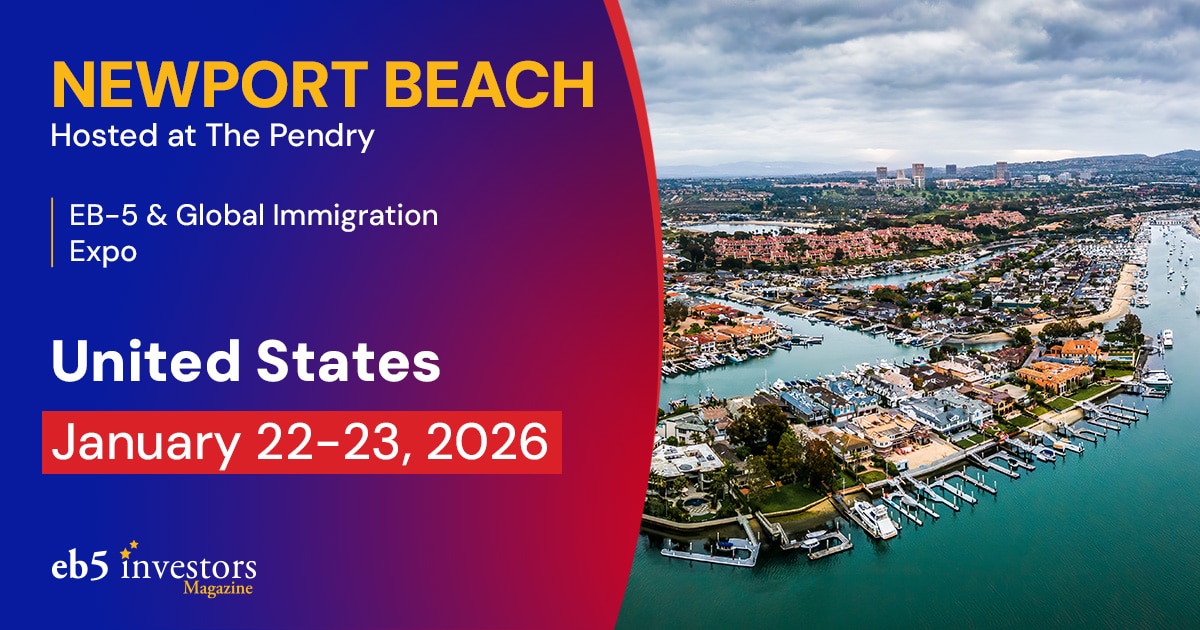
A recent final rule on the H-1B visa program introduced significant updates that could indirectly impact H-1B visa holders pursuing alternative pathways such as the EB-5 visa.
The update enhances this work visa by expanding eligibility for cap exemptions and providing automatic extensions for F-1 students transitioning to H-1B status. Also, to improve program integrity, petitioners must demonstrate a bona fide specialty occupation and provide evidence of legitimate employment.
The changes also amended the definition of a “U.S. employer,” which now requires a legitimate job offer and legal presence in the U.S. The U.S. immigration agency USCIS is authorized to conduct site visits and may deny petitions for non-cooperation. The rule clarifies speciality occupation definitions and introduces a new deference policy for prior approvals while removing the itinerary requirement to simplify the application process. Additionally, the changes affect other nonimmigrant classifications, broadening eligibility and enhancing employment flexibility.
How could this update for H-1B visas impact the EB-5 visa, as it provides applicants a more accessible pathway to secure permanent residency in the U.S. since the EB-5 Reform and Integrity Act of 2022 (RIA)?
Immigration attorney Belma Demirovic Chinchoy explains: “Though the new H-1B modernization rule aims to remove some ambiguities, its implementation will depend on the new administration’s immigration priorities, which, when it comes to the H-1B program, are anything but certain.”
Although the primary focus of the Department of State (DoS) was to improve the H-1B program solely, the rule could have implications for concurrent filings and transitions to immigrant classifications towards pursuing an EB-5 visa, says EB-5 attorney Marjan Kasra.
“While the rule primarily addresses program integrity and modernization, its implications on concurrent filings and transitions to immigrant classifications warrant closer examination,” Kasra adds.
Meanwhile, EB-5 lawyer Charles Kuck does not believe “that the modernization rule will have any impact on legitimate H-1B visa holders or their employers, and that is who the vast majority of EB-5 applicants work for.”

Could the H-1B program modernization affect concurrent filing?
Kasra clarifies that the final rule does not explicitly modify provisions concerning concurrent filing from H-1B visa holders to apply for the EB-5 visa or dual intent, two immigration processes critical for individuals seeking to adjust their status through EB-5.
However, the updates emphasize program compliance and bona fide employment relationships, which “may tighten scrutiny on H-1B holders attempting to demonstrate a legitimate transition between nonimmigrant and immigrant statuses,” she says.
The DHS modernization of the H-1B program improves integrity by mandating that petitioners establish the availability of a bona fide specialty occupation position. The USCIS may also request contracts or similar evidence to verify the legitimacy of the employment offered. The definition of a “U.S. employer” was also revised to require a bona fide job offer and a legal presence in the U.S. Furthermore, the rule mandates the agency conduct site visits, with the power to deny or revoke petitions if cooperation by employers and H-1B visa holders is not provided.
On the anti-fraud site visits, Demirovic Chinchoy explains: “If USCIS cannot verify facts, it may deny or revoke the approval of an H-1B petition. This includes when the petitioner or third party fails or refuses to cooperate with a site visit from USCIS’ Fraud Detection & National Security (FDNS) officers.”
Kasra adds: “Employers and applicants may face additional compliance obligations, particularly during site visits or when justifying job creation as part of the EB-5 program.”
Expanding the automatic extension of F-1 status to reduce status lapses and including other transitional scenarios “could benefit H-1B holders by allowing smoother transitions to EB-5 without risking periods of unauthorized stay. While not directly addressed, this policy orientation may prompt similar accommodations for other categories in the future,” Kasra adds.
As to new entrepreneurial opportunities, the acknowledgment of owner-beneficiaries under H-1B could be particularly interesting for F-1 and H-1B holders who are considering the EB-5 visa.
“Entrepreneurs with ownership interest are now eligible for H-1B for 18 months, provided other H-1B requirements are met, and the individual will spend most of their time performing the speciality occupation duties,” Demirovic Chinchoy says.
Kasra explains this could be an advantage for those seeking an EB-5 visa: “Entrepreneurs who previously relied on dual intent to maintain H-1B status while pursuing EB-5 investments may now find it easier to align their business ownership under both visa categories. This provision reinforces the government’s recognition of immigrant entrepreneurs’ contributions to the U.S. economy, dovetailing with EB-5’s foundational goals of economic development and job creation,” the EB-5 attorney states.
The improvements to the H-1B program also heighten USCIS oversight in overlapping filings. “H-1B holders considering EB-5 should proactively document their path of funds, the legitimacy of their investment, and any job creation metrics, ensuring that these align with the updated compliance frameworks expected to influence adjudication trends,” Kasra concludes.
For Demirovic Chinchoy, the EB-5 visa continues to be an advantageous U.S. immigration status adjustment for H-1B visa holders. “In the current environment, a good EB-5 investment continues to provide a safer and faster path to a green card.”
DISCLAIMER: The views expressed in this article are solely the views of the author and do not necessarily represent the views of the publisher, its employees. or its affiliates. The information found on this website is intended to be general information; it is not legal or financial advice. Specific legal or financial advice can only be given by a licensed professional with full knowledge of all the facts and circumstances of your particular situation. You should seek consultation with legal, immigration, and financial experts prior to participating in the EB-5 program Posting a question on this website does not create an attorney-client relationship. All questions you post will be available to the public; do not include confidential information in your question.








